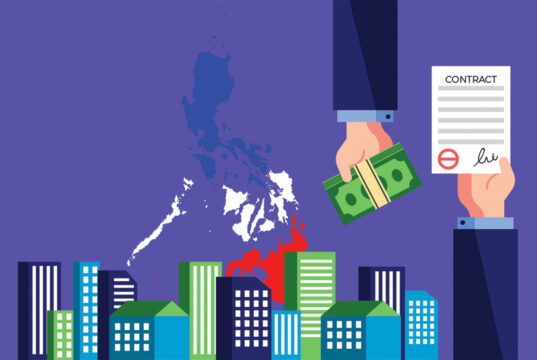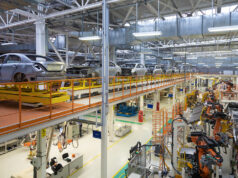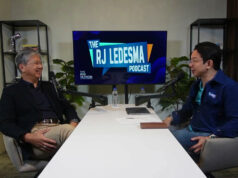Who’s to blame for the Metro Manila water crisis?
By Amelia HC Ylagan
“Many areas in the metro have experienced weak to no water supply, with some areas having people line up for hours to get water from tankers,” BusinessWorld reported, as all other media did, in the anxiety of worse to come. The people are angry.
Almost winning it
IT’S NO LONGER necessary to be a winner to draw some benefit from an award not given. Ending in the “short list” can be enough for bragging rights. Almost winning the prize can be leveraged as an achievement in itself.
Whither the implementation of the new UHC Law?
THE ENACTMENT of the Universal Health Care (UHC) Law marks a watershed in the Philippine health sector. It is a culmination of reforms in health care financing, spanning 26 years under the old Medicare, 16 years under the national health insurance program (NHIP) and eight years under a so-called universal coverage or Kalahatang Pangkalusugan. Can we expect a transformation of the way we pay, access treatment and deliver health care? Expectations are huge and require veering away from path dependency, with decisions and systems design bound to traditional frameworks, capacities and systems.
Racist — and colonial
By Luis V. Teodoro
TO BELIEVE and argue that black people are inherently violent or that all Jews are money-grubbing scoundrels is to presume that race is the determinant of certain vices and virtues. It is nothing but racism, and those who harbor that presumption qualify as racists.
Congress should investigate un-Filipino activities
By Jemy Gatdula
Perhaps because a bunch of local musicians decided to give the National Anthem the “We are the World” treatment. Perhaps because some Filipinos began to think we’re actually Americans and feel nothing of jazzing up the “Lupang Hinirang.”
Water surplus vs water shortage
By Bienvenido S. Oplas, Jr.
In terms of water supply for the Philippines and many other tropical countries, we have a mixture of news. First the good news -- we have too much rain water yearly, floodings damage lots of public and private properties, crops, and drown or kill many people.
Advancing gender equality in the Philippines: A crucial balancing act
HERALDED by the hashtag #balanceforbetter, International Women’s Day 2019 arrives March 8 with the call to create a gender-balanced working world. Balance, while important to all, is particularly relevant to women who -- much more so than their male colleagues -- are often expected to strike a balance between career building and homemaking, between bringing home a paycheck and bringing up the children, and even between compassion and ambition.
The long, hot summer
By Marvin A. Tort
Based on information on the website of the Metropolitan Waterworks and Sewerage System (MWSS), the main sources of Metro Manila’s water supply are the...
Everyday workplace fashion
By Rosalia Hernandez
Clothing is a tool used to visualize and benchmark ourselves and the people around us. The way we dress provides conclusions about our persona, social status aspirations, and level of professionalism. As fashion designer, Rachel Zoe says, “Style is a way to say who you are without having to speak, dress shabbily and they remember the dress; dress impeccably and they will remember the person.”
Philippine ‘democracy’
DEMOCRACY can be defined in a variety of ways, from definitions with varying complexities to a rather simple one. Let us pick a basic and simple definition: a form of political association among the people of a state within a defined geographical area where sovereignty resides in the people who express such sovereignty by voting to select the leaders of the government of the state.






